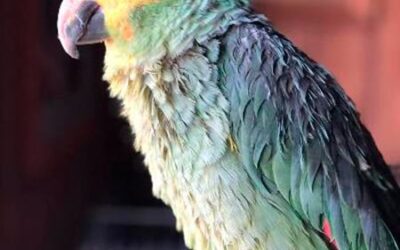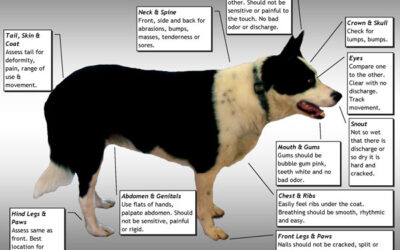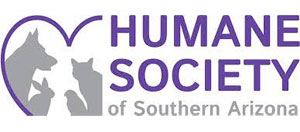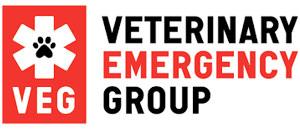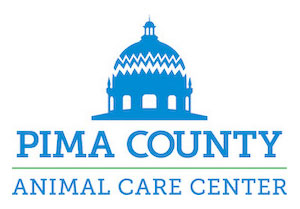Untenable Breeding Practices
Canines sold in pet stores are typically supplied by puppy mills, large-scale commercial breeders keeping animals caged in inhumane conditions until their usefulness is over. As TAT points out, “In most states, these commercial breeding kennels can legally keep hundreds of dogs in cages their entire lives, for the sole purpose of continuously churning out puppies. The animals produced range from purebreds to any number of the latest “designer” mixed breeds and are treated like cash crops.”
And then there are the backyard breeders who are also incentivized by cash. Most have no background in veterinary medicine or the reproductive health of animals. They sell their dogs on platforms such as Craigslist and others to an uneducated public, often passing the animals off as something they aren’t, as well as having zero knowledge or interest in screening for potential genetic defects.
These issues aren’t exactly breaking news, but many years later, they’re still a problem in the country, with laws to address them progressing at a snail’s pace.
Predatory Lending Practices
One practice that has flown in under the radar until recently is the issue of predatory loans in connection to overpriced pets and companion animals who are not only misrepresented as to their health and backgrounds, but come with exorbitant price tags. Predatory lending is described as imposing unfair, deceptive, or abusive loan terms on borrowers. In most cases, they carry high fees and interest rates that strip borrowers of equity, all to the lender’s benefit.
The lenders frequently use aggressive sales tactics, exploiting naive borrowers’ lack of understanding concerning financial matters. “Through deceptive or fraudulent actions and a lack of transparency, they entice, induce, and assist a borrower in taking out a loan they will not reasonably be able to pay back.”
That’s been the accusation leveled against at least two individuals behind mall pet shops in the Tucson area, one of whom has skipped from state to state as they’ve been investigated and exposed. Arizona law requires pet stores to publicly disclose the sources for their puppies, which they failed to do for several weeks. While the City Council got involved at the time, more than warnings are needed.
In the other case, the Arizona Attorney General’s Office got involved, and it was announced that they’d agreed to an out-of-court settlement that included a $120,000 compensation fund for customers who could show they had suffered a loss due to the business’s alleged malfeasance.
Many of the animals for sale are priced in the thousands, and the prospective pet owners are maneuvered into sketchy loans they can’t afford nor entirely understand. It’s estimated that 80 percent of dogs are financed through these loans, with Lara pointing out there’s a shady underworld in the pet industry.
Tucson Action Now Animal Advocacy
These are the types of behaviors and practices that TAT is currently fighting, and Lara is super passionate about the work. “Thanks to District 1 Supervisor Rex Scott’s efforts, we’ve got two items on the state agenda being reviewed right now in connection to puppy mills that need looking into and predatory lending practices,” she noted. Another issue is the problem of not having enough resources for available officers to monitor these businesses, and more reinforcement is needed.
Many U.S. cities have banned the sale of commercially bred canines. In 2016, the Tucson City Council voted to pass a similar ban. Par for the course, the ordinance became a moot point when the Legislature passed a law that allowed the practice to continue unabated. Arizona is one of only two states that preempt municipalities from adopting local restrictions on the sale of puppies.
A National Puppy Protection Act is being worked on right now, and blessedly, people across both sides of the political aisle are working with her. Lara is also grateful for the help of her two Facebook admins, Becca Ann Cotton and Ana-Alicia Gomez, who assist her with the TAT group page. Slammed for time since she dove into all of this, she admitted, “If I had to run that myself, I would go crazy! They are a huge part of the team!!!”
To learn more or to find out how you can help, visit tucsonactionteam.com or check them out on Facebook at www.facebook.com/groups/



